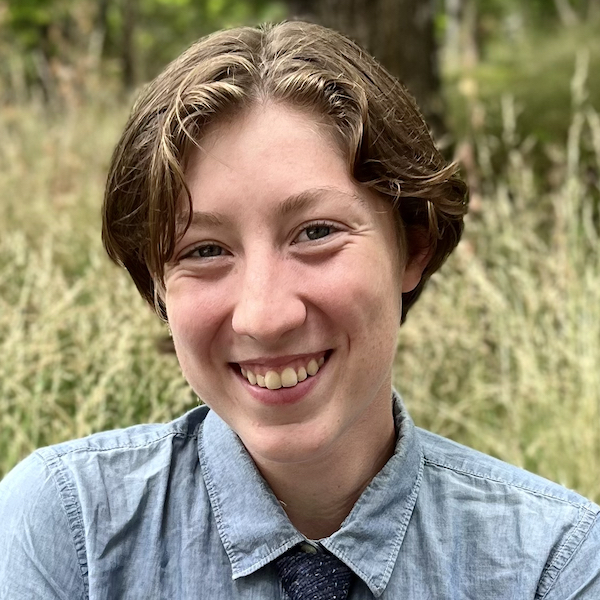Originally from Lynnfield, Massachusetts, Molly Pifko recently graduated with a B.A. in Human Ecology from College of the Atlantic. As an undergraduate, she used this interdisciplinary major to combine interests in politics, environmental law and policy, US history, and communication. These interests have led her to spend the last four years working and volunteering for progressive candidates, working as a writing tutor, peer mentor, and legal research assistant at the college, and interning in her local congressional office. Molly’s passion for food justice was fostered at an early age through her temple’s anti-hunger work, and as an Emerson fellow, she is excited to continue learning about how both public policy and community support can be used to take on hunger and the systems of economic, environmental, and political injustice which perpetuate it.
Field placement: Hunger Free Oklahoma
Tulsa, Oklahoma
Policy placement: American Public Human Services Association
Washington, D.C.

